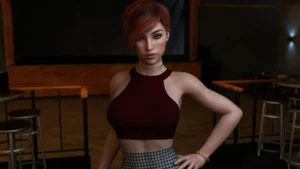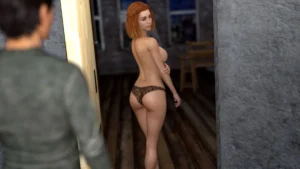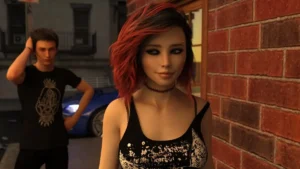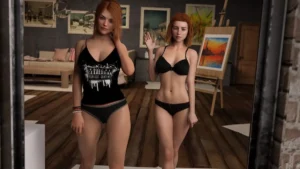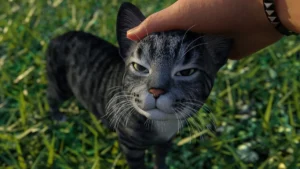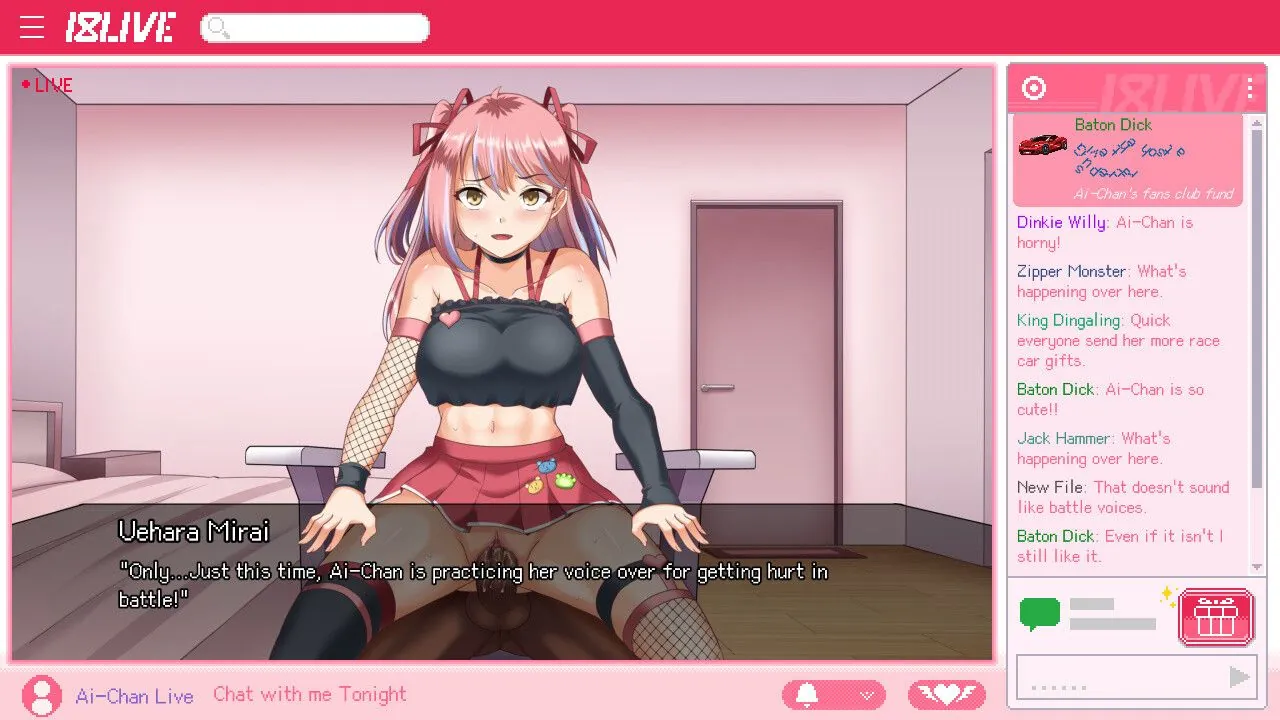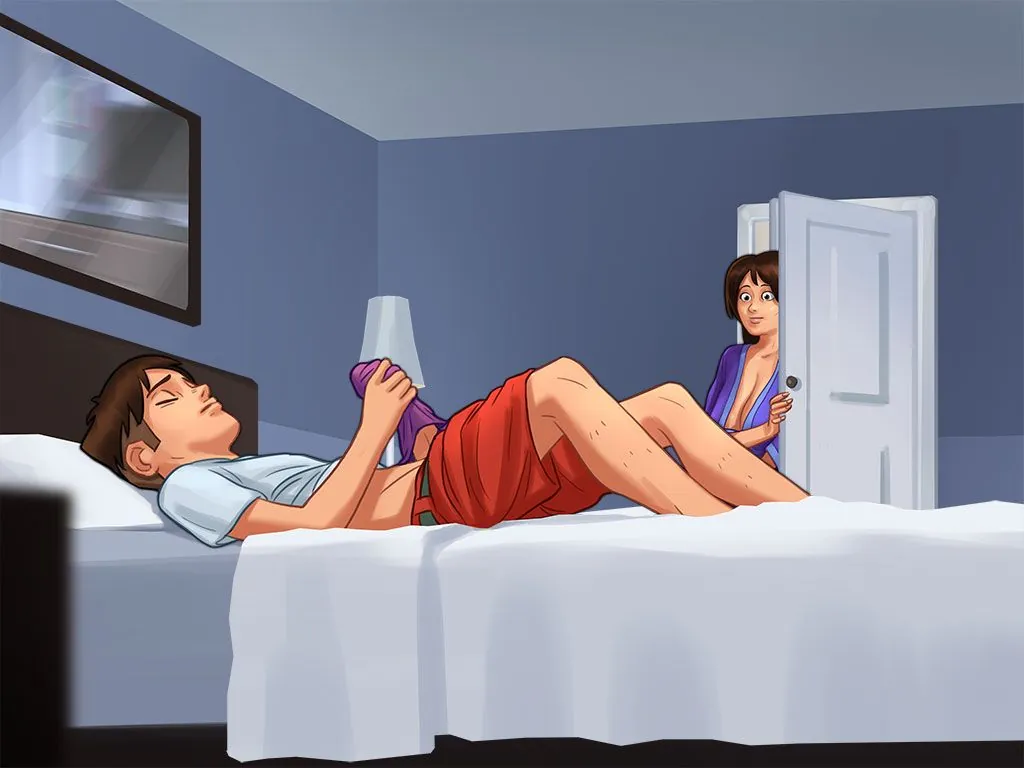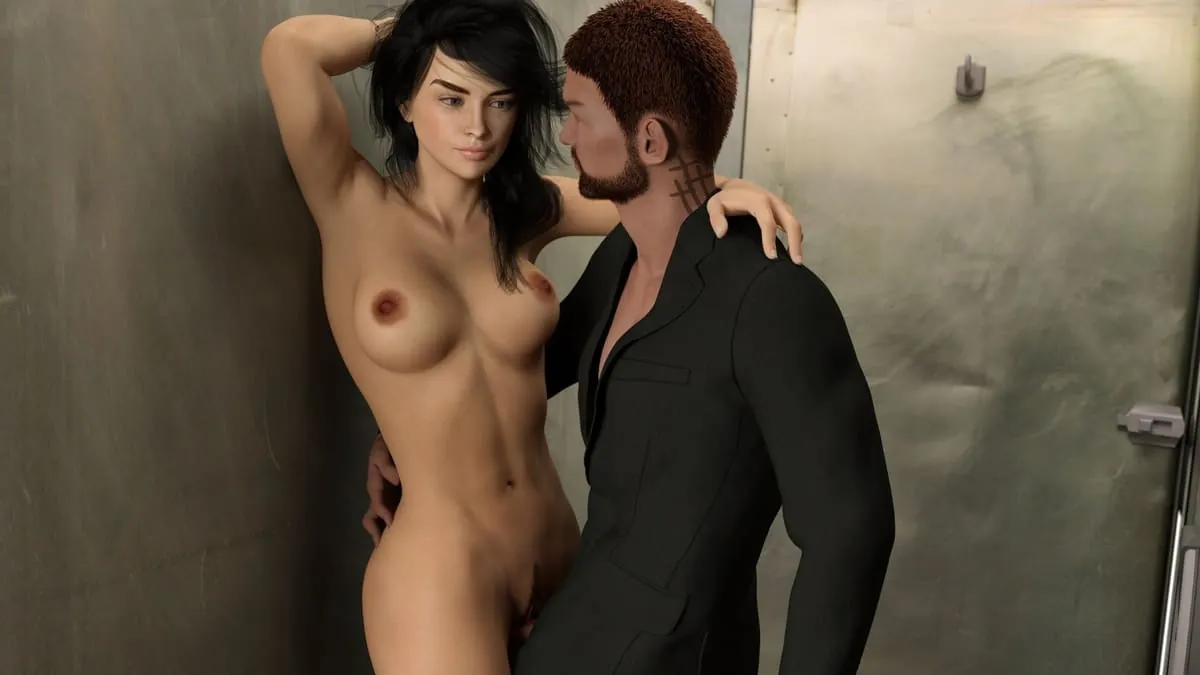
Become a Rock Star
Play Become a Rock Star
Become a Rock Star review
Explore gameplay mechanics, character relationships, and system requirements for this indie simulation experience
Become a Rock Star is an indie simulation game that puts you in the shoes of an ambitious musician determined to forge his own path in the music industry. Starting from a privileged background, your character breaks away to establish a personal rock band and navigate the complexities of fame, relationships, and artistic growth. The game combines narrative-driven storytelling with relationship mechanics, offering players multiple paths and outcomes based on their decisions. With character customization options, relationship systems, and unlockable content, this title provides an engaging experience for players interested in music-themed simulations and interactive storytelling.
Gameplay Mechanics and Core Features
Understanding the Core Gameplay Loop
So, you’ve decided you want to Become a Rock Star 🎸. I remember firing up the game for the first time, thinking it was all about shredding guitar solos and playing to screaming crowds. While that’s definitely part of the thrill, I quickly discovered the heart of this indie simulation game is a delicate, and often hilarious, balancing act. The core loop is what makes it so addictive, and understanding it is your first step to virtual fame.
At its simplest, the Become a Rock Star gameplay mechanics revolve around three pillars: Time Management, Skill Development, and Social Navigation. Your days are broken into time blocks—morning, afternoon, and evening. Do you spend your afternoon practicing guitar to unlock a new, face-melting solo? Or do you meet up with your bassist to smooth over a recent argument that’s affecting the band’s synergy? 🤔 Every choice matters and resources, especially energy and money, are limited. This isn’t just a game about being a rock star; it’s a game about the gritty, unglamorous journey to get there.
The loop looks something like this:
1. Plan Your Day: Check your goals. Need to write a new song? Your creativity stat might be low, so a visit to the art gallery is in order. Is a big gig coming up? Band practice is non-negotiable.
2. Execute Actions: You spend your time blocks on activities. This is where you see your stats—like Guitar Skill, Charisma, and Rhythm—slowly climb.
3. Manage Consequences: Your actions have direct results. Practice leads to better performance. Social interactions can open up new relationship system unlocking scenes or, if you mess up, close them off entirely.
4. Progress and Unlock: Successfully navigating a week might lead to a gig. A successful gig earns you money and fame, which unlocks new locations, better gear, and more complex story beats. Then, you start the loop all over again with bigger goals and higher stakes.
It’s this constant push and pull between your personal life and your professional ambitions that makes the Become a Rock Star gameplay mechanics so compelling. You’re not just managing a character; you’re managing a life.
Character Relationships and Decision-Making
If the gameplay loop is the engine, then the characters and your relationships with them are the fuel and the steering wheel. This is where the game truly shines as a premier character relationships simulation game. Forget mindlessly clicking through dialogue; every conversation is a potential pivot point for your story. 🎭
The relationship system is nuanced. You have a core group of characters: your bandmates, a cynical manager, a rival musician, a supportive (or not) love interest, and various industry contacts. Each has their own personality, desires, and pet peeves. Your interactions build a hidden “relationship score” with them. I learned this the hard way when I kept blowing off my drummer, Lexi, to go on dates. At our next major gig, her timing was off, and the performance was a disaster. The game quietly notified me: “Band Synergy: Low.” My personal life had directly sabotaged my professional one. 😬
The magic of this character relationships simulation game is in the branching paths. A simple decision in Chapter 2 can determine which relationship system unlocking scenes are available to you in Chapter 4.
Pro Tip: When engaging in dialogue, pay close attention to character traits. If you’re talking to Jax, your rebellious bassist, choosing the “Play by the rules” option will almost always lower his affinity. Tailor your responses to the person you’re talking to!
You can absolutely start and end relationships throughout the game. It’s a dynamic system. You might be dating the charming barista, Sam, but then have a deep, connecting conversation with your enigmatic vocalist, Maya. Pursuing one path might naturally cause the other to fade away, or it might lead to a dramatic, scene-unlocking confrontation. The game doesn’t judge you for playing the field, but it does ensure your actions have consequences, making the social simulation feel authentic and weighty.
Real-World Example: The Rivalry Choice
Let me give you a concrete example from my second playthrough. Early on, you have a run-in with a rival musician, “Slick” Rick. He offers you a “opportunity”—to be his opening act, but for a pitiful fee and zero respect.
- Choice A (The Proud Path): Tell him off. “We’re nobody’s opening act!” This boosts your band’s morale and self-respect.
- Choice B (The Pragmatic Path): Swallow your pride and accept. You need the exposure and the cash.
I chose A, feeling proud of my virtual principles. What I didn’t know was that this locked me out of an entire subplot where Rick, impressed by my humility (Choice B), could later become a valuable, if untrustworthy, industry contact. He could have introduced me to a powerful producer, unlocking a whole new set of scenes and gig opportunities that were simply unavailable on my proud path. My early-game decision fundamentally altered the mid-game content available to me.
| Relationship Type | Positive Outcome (High Affinity) | Negative Outcome (Low Affinity) |
|---|---|---|
| Bandmate (e.g., Lexi the Drummer) | Unlocks special band combo moves during performances; Band plays tighter, earning more fan points. | Increased chance of mistakes during gigs; Band may even break up if all relationships sour. |
| Romantic Interest (e.g., Maya the Vocalist) | Unlocks intimate, character-driven scenes; Provides a “Muse” bonus that boosts songwriting creativity. | Leads to dramatic break-up scenes; Can cause tension and splits within the band if they are also a member. |
| Manager (e.g., Frank) | Gets you better gig deals and more money; Can help you navigate negative press. | Skims money from your earnings; Books you into terrible, reputation-harming venues. |
| Rival (e.g., “Slick” Rick) | Can turn into an unlikely ally, offering unique gig opportunities and industry secrets. | Actively sabotages your gigs and spreads rumors, making it harder to gain fame. |
Unlocking Content and Progression Systems
You’re managing your time and nurturing relationships, but how do you actually advance? This is where the game’s brilliant progression systems come into play, answering the eternal question of how to unlock content Become a Rock Star. It’s not just about grinding; it’s about strategic investment. 📈
The primary currency for personal growth is Character Points. These are earned by almost everything you do:
* Completing a songwriting session
* Successfully performing at a gig
* Reaching a new relationship milestone with a character
* Completing side-quests or personal goals
These points are then spent to increase your core attributes: Guitar, Vocals, Charisma, etc. This character points progression is linear but crucial. You can’t play a headline show at the “Whispering Oasis” venue with beginner-level skills. The game gates content behind these stat checks. Need to impress a record exec? Your Charisma better be high enough. Want to play that complex, crowd-pleasing solo? Your Guitar skill must be unlocked.
But stats alone aren’t enough. The most coveted content—the special scenes, the unique dialogue, the secret endings—is locked behind a combination of character points progression AND relationship affinity. This is the true secret to how to unlock content Become a Rock Star. For instance, to unlock the “Sunset Jam” scene with Maya, you might need:
* Guitar Skill Level 5
* A relationship score of 80% with Maya
* To have completed the “Lost Melody” side quest
This multi-layered approach means no two playthroughs are the same. Your focus on different skills and relationships will naturally unveil a unique story.
Now, let’s talk about the open secret: game cheats character progression. 🕵️♂️ The indie dev community for this game is vibrant, and players have found ways to modify game files to add character points or max out relationships instantly. Using these game cheats character progression can be a double-edged sword.
Why you might use them:
* To experience locked content you can’t reach due to time constraints.
* To experiment with different story branches on a second or third playthrough without the grind.
The major drawback:
* It can completely break the game’s balance and remove the sense of accomplishment. The entire fun of this indie simulation game is the struggle! Becoming an overnight sensation via a cheat code feels hollow compared to earning it through weeks of in-game effort.
My advice? Play through organically first. Savor the struggle. Then, if you’re curious, use cheats to explore alternative paths. It’s your story to tell, after all.
Practical Tips for Aspiring Rock Stars 🚀
Here’s my battle-hardened advice for mastering the Become a Rock Star gameplay mechanics and making the most of your journey:
- Balance is Everything: Don’t neglect your bandmates. A happy band is a successful band. Schedule at least one social activity with them per in-game week.
- Specialize Early: It’s tempting to be a jack-of-all-trades, but focusing on one or two skills first (e.g., Guitar and Songwriting) will help you unlock better-paying gigs faster, which funds your other endeavors.
- Read the Room: The character relationships simulation game aspect demands empathy. Pay attention to what characters say about each other. Complimenting someone’s rival might score you points with one person but alienate another.
- Save Often! Before major decisions or gigs, create a new save file. This lets you experiment with different outcomes without ruining your main playthrough.
- Embrace Failure: Not every gig will be a success. Not every relationship will work out. These “failures” often lead to the most memorable and unique relationship system unlocking scenes, adding depth to your story.
Ultimately, the indie simulation game features in Become a Rock Star combine to create a deeply personal experience. Your journey from garage guitarist to legendary icon is woven from the threads of your choices, your relationships, and your hard-earned skills. It’s a testament to the power of indie development that a game can make you feel the weight of a conversation with a pixelated character as much as the roar of a virtual crowd. Now go on, your adoring fans are waiting. ✨
Become a Rock Star offers an engaging blend of simulation gameplay and narrative-driven storytelling that appeals to players seeking meaningful character interactions and branching storylines. The game’s relationship system, combined with its progression mechanics and unlockable content, creates a compelling reason to replay and explore different paths. Whether you’re drawn to the music industry theme, the character-driven narrative, or the simulation mechanics, understanding the gameplay systems and technical requirements ensures you can fully enjoy what the game has to offer. With proper installation and an understanding of the core mechanics, you’re ready to embark on your journey to rock stardom and experience all the unique storylines and character relationships this indie title provides.

